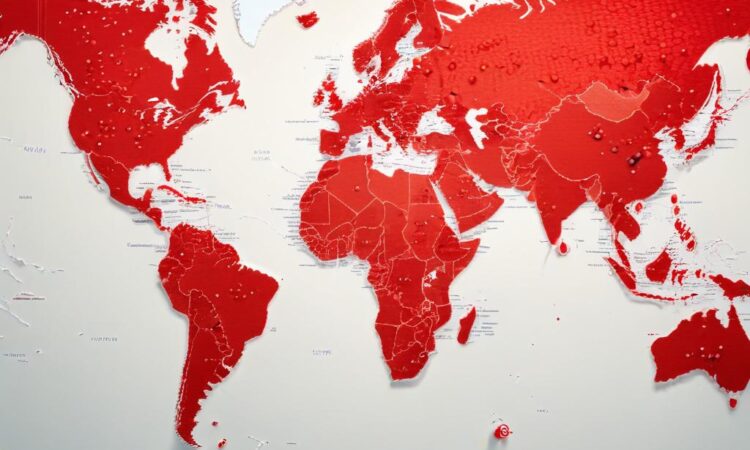Drug Shortages and Their Impact on Patient Care
Okay, so let’s talk about something seriously frustrating: drug shortages. It’s a massive problem, getting bigger all the time, and it’s messing things up for patients worldwide. I mean, seriously, you go to the pharmacy, you need your meds, and they’re just…gone. Poof! Vanished. That’s not exactly ideal, is it?
The BBC News has been reporting on this a lot lately, and they’re right – it’s a huge deal. We’re not just talking about some niche medication here; this affects essential drugs – the stuff people rely on to stay alive or manage chronic conditions. Think about it: diabetes meds, antibiotics, cancer treatments… these aren’t optional extras; they’re lifelines.
So what’s causing this mess? Well, it’s a complicated mix of factors. Sometimes it’s manufacturing issues – a factory gets shut down, a key ingredient becomes scarce, or there’s a quality control problem. Other times it’s distribution problems – getting the drugs from the factory to the pharmacy is a huge logistical challenge, and delays can easily happen.
And then there’s the whole supply chain thing. It’s a global network, and if one part of that chain breaks down, the ripple effect can be devastating. Think of it like a game of Jenga – pull out one block, and the whole tower might collapse. It’s pretty precarious.
But beyond the logistical headaches, there are other contributing factors. One is the increasing reliance on a small number of manufacturers for many essential drugs. If one of those manufacturers has a problem, the impact is amplified massively. It’s a bit like putting all your eggs in one basket – not a smart move.
Then there’s the issue of pricing. Sometimes, the profit margins on certain medications are so low that manufacturers are reluctant to produce them, even if there’s a demand. It’s a tricky balance – making sure medication is affordable and accessible while also ensuring that companies can stay in business.
The impact on patient care is, unsurprisingly, pretty dire. Delays in treatment can lead to worse health outcomes. People might have to switch medications, which can have unforeseen side effects. Some patients might even go without treatment altogether, which, well, speaks for itself.
And it’s not just about the physical health of patients. The emotional toll of facing a drug shortage is significant. The uncertainty, the worry, the constant anxiety about whether or not you’ll be able to access the medication you need – it takes a heavy mental and emotional toll. It’s incredibly stressful for everyone involved.
So, what can we do about it? Well, it’s not a simple fix. It requires a multi-pronged approach, involving governments, manufacturers, healthcare providers, and patients. We need better regulation, more transparency in the supply chain, and perhaps even incentives for manufacturers to produce more essential drugs, even if the profit margins aren’t huge.
We need to diversify the sources of essential medications, reducing our reliance on a small number of manufacturers. We need to invest in research and development to find alternative treatments and formulations. And we need to improve communication and coordination throughout the healthcare system to ensure that patients get the medications they need, when they need them.
It’s a complex issue, and there’s no easy solution, but it’s a problem we absolutely need to tackle. The consequences of inaction are too severe to ignore. It’s time we started paying attention to this critical issue and worked together to find solutions that will prevent patients from falling through the cracks.
This is a global issue, affecting countries worldwide. The scale of the problem demands a global solution. Let’s hope that collaboration and innovative thinking can bring about significant changes to this critical aspect of global healthcare.
It’s a tough situation, but it’s crucial that we work together to improve this system and protect patient access to vital medications.

